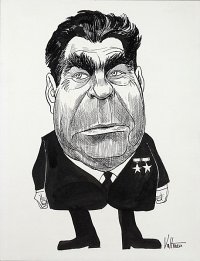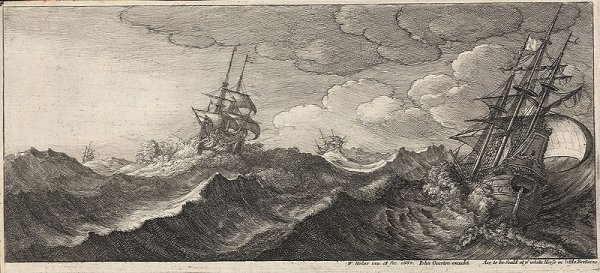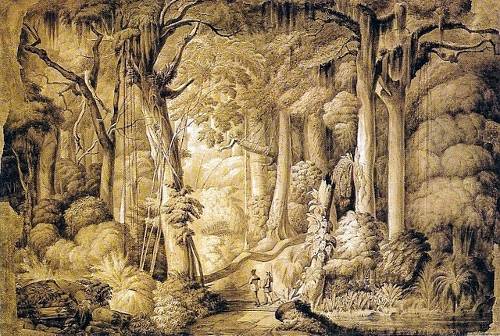Useful German:
- Feierabend: a festive frame of mind at the end of a working day
- Drachenfutter: (“dragon fodder”) a peace offering to a wife from a guilty husband
- Fachmensch: a narrow specialist
- Fingerspitzengefühl: (“fingertipfeel”) intuitive sensibility, confident sureness of touch
- fisselig: nagged and flustered to the point of incompetence
- pomadig: “like hair oil,” able to slip through difficulties
- Verschlimmbesserung: an intended improvement that has made things worse
- Stammplatz: a favorite usual spot, as a table at a café
- Zivilcourage: courage to stand up for what is right
- Zwischenraum: the space between things
The contraceptive pill is the Antibabypille. “I can understand German as well as the maniac that invented it,” wrote Mark Twain, “but I talk it best through an interpreter.”



